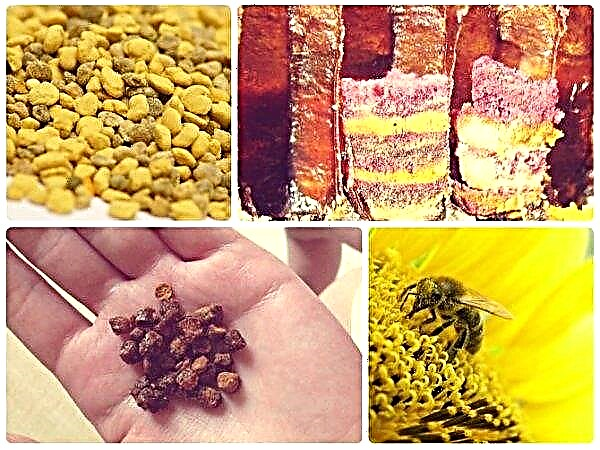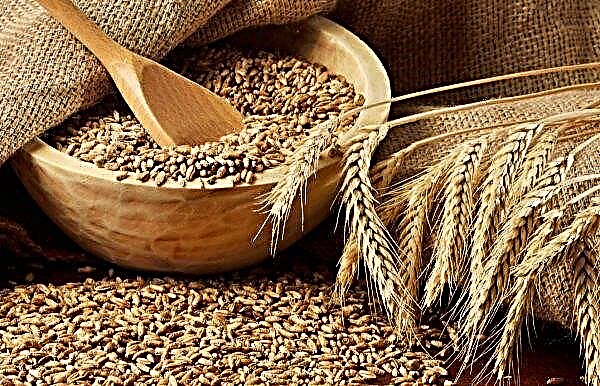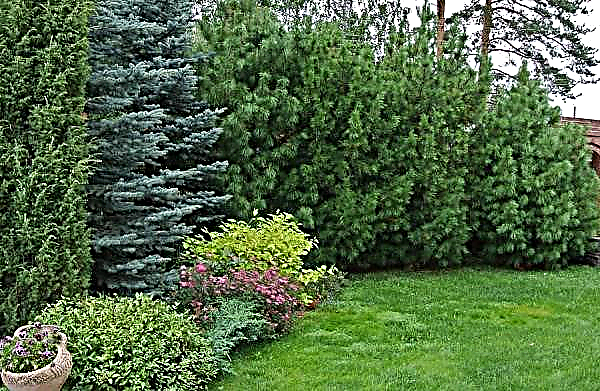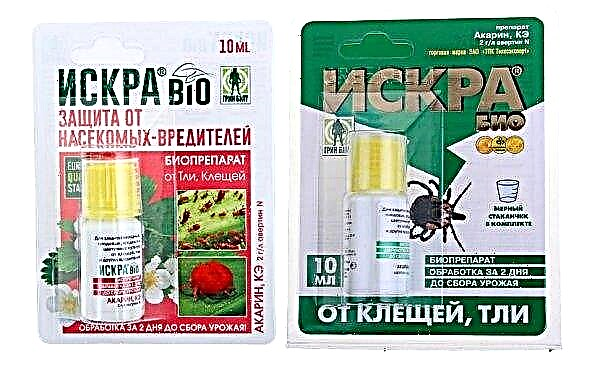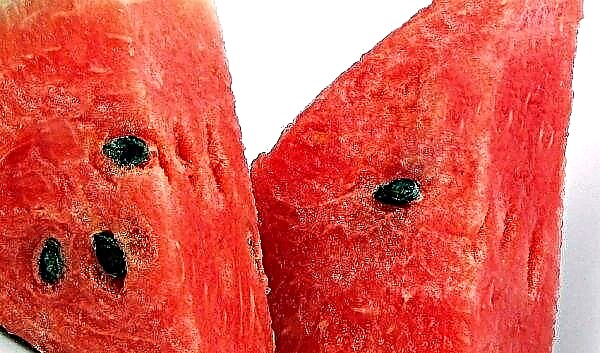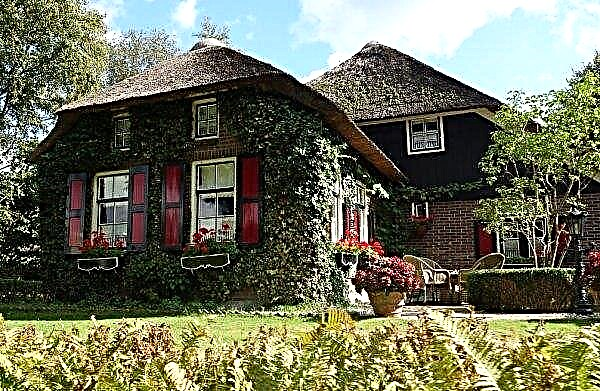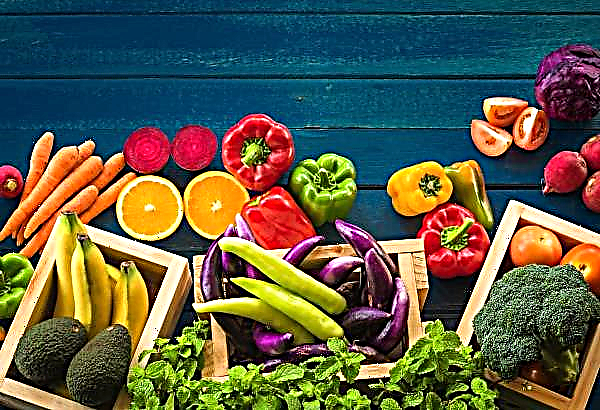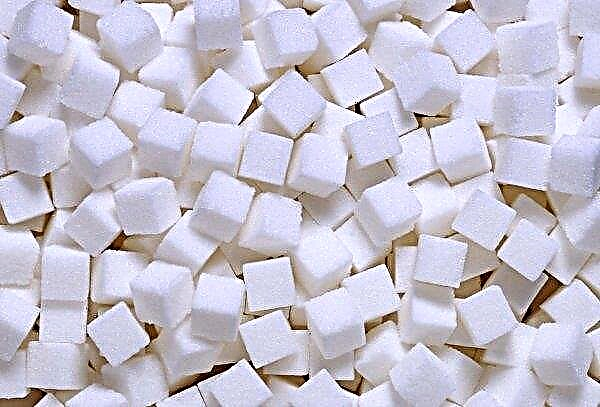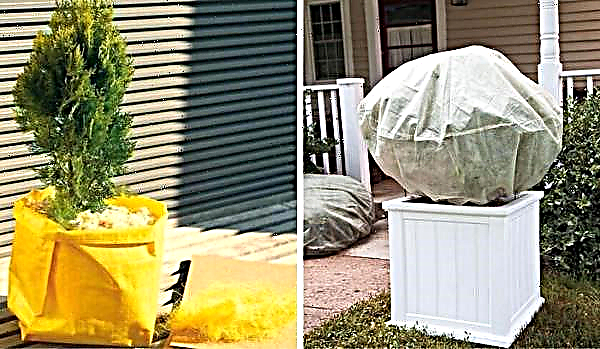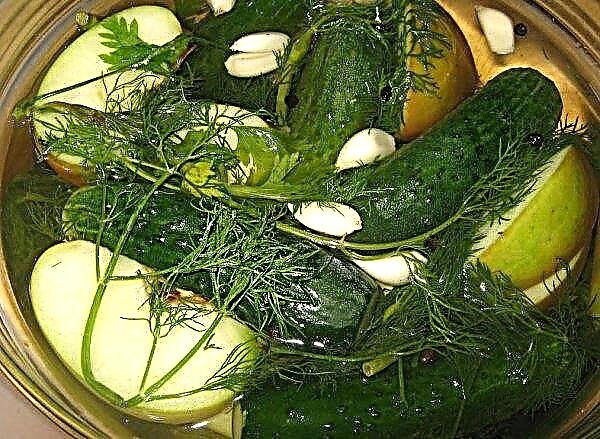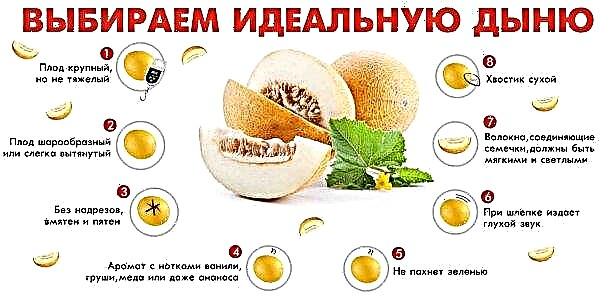Lemon and almond peel extracts can be used to produce auto parts and components. The BARBARA project, funded by the EU and industry, provides the processing of food waste and the replacement of conventional plastics with more environmentally friendly bioplastics.
Extracts of plant residues can be used to produce new bioplastics for the production of so-called fused filaments (FFF). FFF is a versatile and widely used 3D printing technology.
The idea of the project is that there are too many extra products in the world. Direct speech: “EU countries annually produce about 110 million tons of animal and vegetable waste. Between 33% and 50% of all food produced in the world is never eaten, ”explains BARBARA Coordinator Berta Gonçalvo Bas.
New biopolymers are durable and have high heat resistance. They can be made in various colors with additional functions, such as antibacterial or odor-binding properties.

New compounds are tested for various applications. These include 3D-printed car door handles and dashboard components developed in collaboration with Centro Ricerche Fiat.
In collaboration with ACCIONA Infrastructure, truss bearing parts are also developed that meet the stringent thermal and mechanical requirements of the construction industry.
Video: Microbiological fertilizers and agricultural waste processing
Partners include manufacturing companies, agricultural cooperatives and leading research institutes. They want to study the processes and production technologies of the project from a commercial point of view so that potentially innovative industries can be developed.
“The use of biodegradable materials in combination with additives derived from plant residues and by-products is one of the most important foundations of a circular economy. We turn agricultural waste into valuable raw materials, ”concludes Gonçalvo Bas.
From milk, you can make plastic, which will dissolve in water, will not smell and will not burn.
- According to the Food and Agriculture Organization of the United Nations, food waste has reached epidemic levels - about a third of all food produced for human consumption is lost, and this is no less, is 1.3 billion tons per year.
- Earlier we reported that a new biogas plant will now process plant waste from the Vinnitsa region.
- Scientists from Singapore and Vietnam decided to turn the hundreds of millions of tons of pineapple waste accumulated in their countries into something useful, in this case isolation for their Pina Colada cocktail.
- We also wrote that public environmental monitoring was conducted on the lands of the Kursk region, initiated by activists of the Green Front public organization.
- A group of young Peruvians launched a project called “Bio-Plant,” which creates disposable plates and bowls made entirely from banana leaves.

